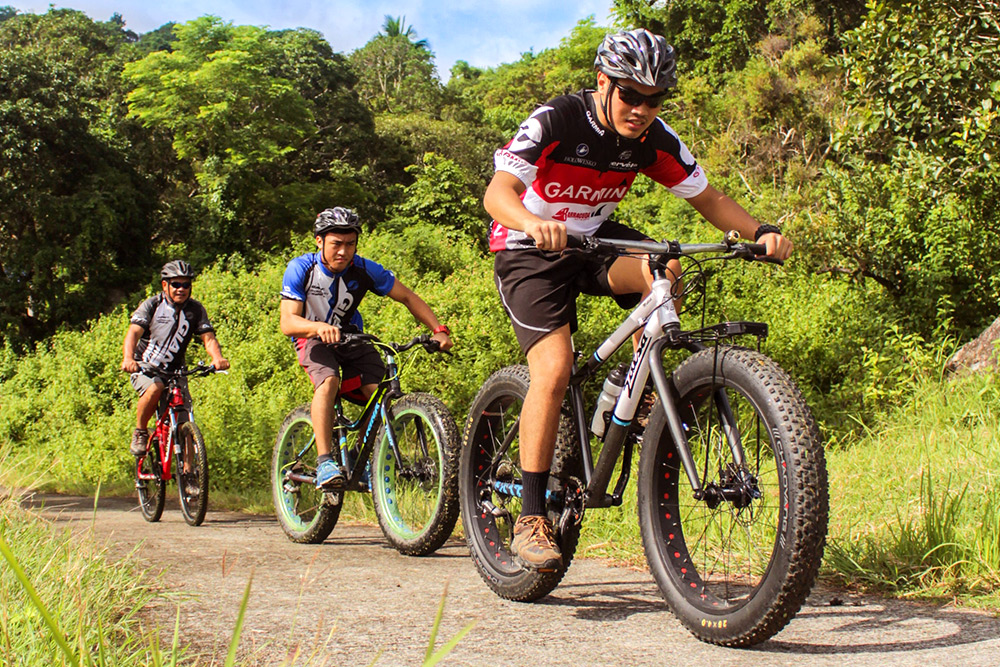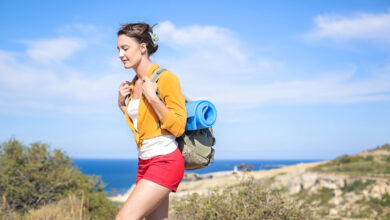As we hit the middle of the British summer and a heatwave becomes imminent, outdoor exercise is in full swing in the UK.
Inspired by a recent study which states 39% of Brits said having nicer weather would encourage them to work out, boxing trainer and director of Geezers Boxing, Leon Bolmeer, speaks to Checklist about his top tips on how to safely exercise during the summer season.
With the benefits of heat training including improved blood circulation, improved overall cardiovascular health, and better stamina and flexibility, Leon also highlights the exercise to focus on during warm weather for the biggest positive impact on your health and fitness, as well as his tips on what to avoid for a healthy workout and ways to stay safe during your outdoor workouts.
Focus on aerobic exercises
Exercises like boxing, running and cycling are perfect for warm weather because these are the ones that most benefit from increased oxygen availability. This makes heat training improve your endurance the most.

Train early
During the summer months, there is a significant difference in temperature from the early morning until 11am to 3pm when the day is at its hottest. Training early morning or late evening will still improve your strength, stamina and endurance, with less damage from the extreme heat.
Look at the weather before your workout
Choose slightly cooler days when starting out and always avoid the negatives of heat, humidity and direct sunlight. Weather and allergy apps can also tell you when pollen and dust levels are at a high, for those with an allergenic propensity.
Don’t overdo it and stay hydrated
Training in warm temperatures can bring with it issues such as heat stroke, dehydration and sunburn. Because of this, you need to be careful when doing heat training, taking frequent breaks and staying hydrated.

Limit your intensity
When starting out, decrease the intensity of your normal workout to compensate for difficult conditions. Reduce workout times by at least 20 minutes at first and when focusing on cardio, slow down your pace or cut down your distance until you get more used to the conditions.
Have more electrolytes
Drinking large quantities of water in the heat can mean you risk flushing out essential minerals through sweating. You can buy electrolytes as rehydration tablets that can be added to water and consumed before, during and after heat exercise. This will help you keep these minerals in your system.
Wear sensible clothing
Avoid water-absorbing heavy materials and choose clothing that allows sweat to run off. This is more hygienic and allows your clothing to remain more lightweight when exercising. Also try to wear a hat or cap and cover your neck too to avoid sun damage.
To see your company in any upcoming features we are arranging please email editorial@hurstmediacompany.co.uk









